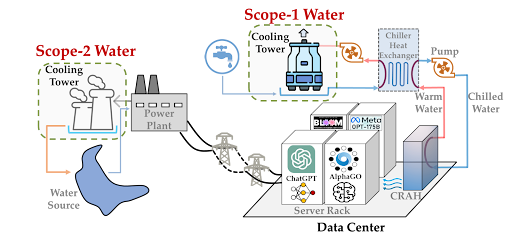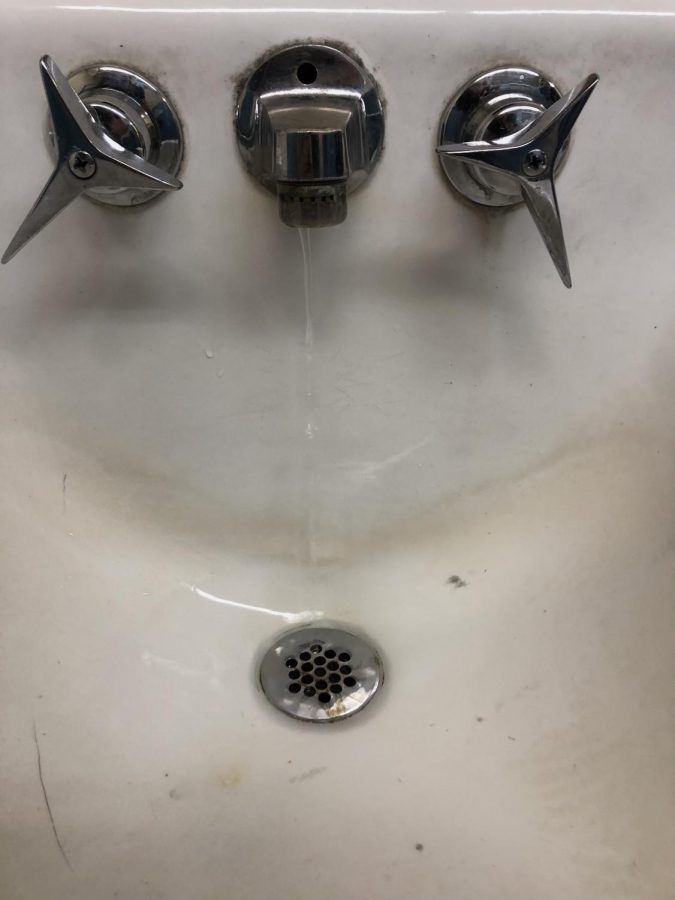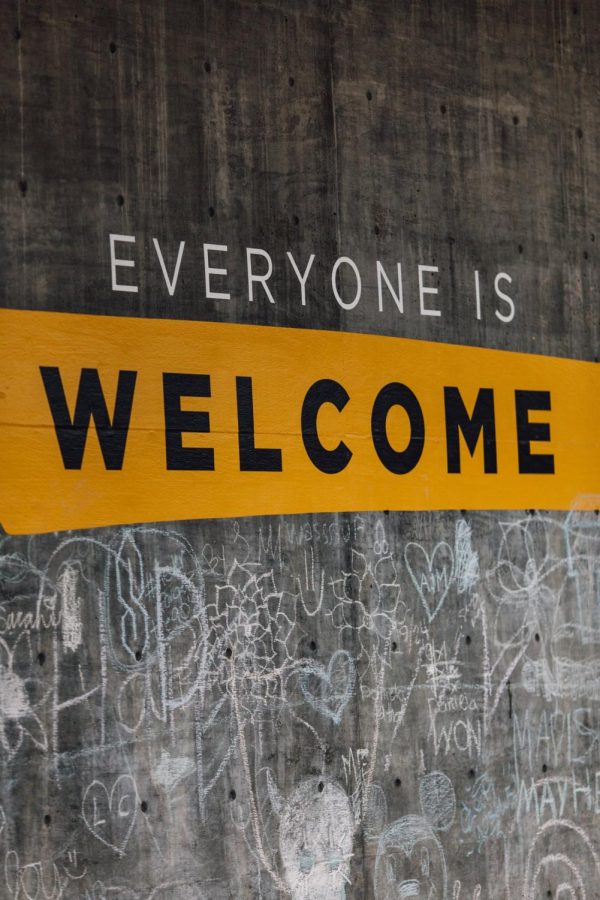AI is a problem that many people seem to overlook. When it was emerging, it was a funny robot that made frequent, obvious mistakes. We used to make fun of religious moms on Facebook who fell for ridiculously fake Jesus sightings, or Mary with three heads — but now even I can’t tell the difference between AI and reality at times.
If you want to spot an AI hiding from you in plain sight, you have to look, and when I say look, I mean peer really, really closely and examine its eyes. Most of the time, the eyes of AI are dead and empty. You’ll also see slight unnatural movement as something like their hand phases in and out of dimension.
But most of all, that uncanny feeling of something not quite being right will settle in, slowly. It elicits a pause… most of the time.
If you don’t have the time or patience to follow this routine (and most people don’t) then most likely you’ll see the said video, like it, scroll, and not think anything of it. You might even see another video of someone posting their conversation with a chatbot, broadcasting what they might think is an interesting conversation for others to see and replicate. Then, you’ll see an ad telling you their AI is trained to make your life easier.
How long is it going to take for your entire feed to just be AI? And are we going to do anything about it?
Let’s say you decide to talk to a chatbot after being inspired by a video you thought was funny or intriguing. According to Medium, it takes about 500 milliliters to 1 liter of water (that we generally drink every few hours) for the AI chatbots to give answers to 20–50 questions asked. Last year, 6 billion gallons of water were used to support AI’s lightning-fast responses. The water used evaporates and turns into a greenhouse gas only furthering the problem of our warming planet.

The worst part? Nobody cares. Businesses have been implementing AI so people don’t even know they are using it. Students turn to Chat GPT almost immediately and so very casually. Even justice and law enforcement systems have been implementing AI into their practices. The White House was recently caught including fake citations on multiple children’s health reports. When does it end?
Advancement has been so rapid and integrating it into our lives has been so natural, nobody has even attempted to blink an eye. All you can do as an average person trying to get by in life is to be aware and understand the impact AI has on the environment, our lives, and our freedom. It seems what most people are reveling in is plain ignorance, and it will catch up to them sooner than they may believe if not acknowledged.
Here are some steps you can take to be aware of your use of AI:
- Use the “Web” tab to bypass the AI Overview to view traditional search results.
Even though you can’t turn AI off on Google because it is built into their hardware, you can use shortcuts or a Chrome extension to lessen your usage.
- Inform your friends about the water they use using AI.
Knowledge is power. Recently, I had a conversation with someone I knew who was using AI regularly and informed them about the environmental impact of it. They didn’t even know there were any repercussions to their guilty pleasure… be the one to get the word out!
- Try to lessen your carbon footprint in other ways.
Some people use AI in many different ways, and it can be hard to let go of that. If you are that person, then try to be aware of other ways you are hurting the environment. Take note of them. Turn off the sink when you are brushing your teeth. The lights don’t need to be on all day. Recycle. Just try and be conscious of the little things, because it all counts for something.












